Alibaba expands in Belgium amid rising EU protectionism
Updated: 2016-05-23 14:30
By Fu Jing(chinadaily.com.cn)
|
||||||||
Jack Ma, founder of the Chinese e-commerce giant Alibaba, is to meet the Belgian king on Monday. This is their third meeting since June last year when King Philippe paid a state visit to China. They also met at World Economic Summit in Davos, Switzerland in January.
Ma is expected to announce the setting up of a Belgian branch of Alibaba, which, as he promised the King last year, will facilitate easier online payments to support Chinese visitors to Belgium.
The move is representative of the opinions of those proactive Chinese investors who still hold confidence in 500 million consumers in the 28 member states of the European Union.
Despite that, some investors in China are starting to cast doubts on the EU market due to challenges it faces from terrorism, the influx of migrants, economic stagnation and the rising influence of those who want to tear the bloc apart. They are also concerned that although some members have rolled out the red carpet to Chinese investment, others are taking protectionist actions against China.
Ironically, Ma's decision of expanding business in the heart of the EU happened just a few days after a landslide resolution in that European Parliament that China is still not a market economy.
Yet Ma, who transformed himself from a English teacher to a founder of a business empire, is an ideal example of the millions of various-scale Chinese businesspeople who have emerged in China since it started implemeting market reforms.
And due to their efforts, both EU consumers and businesses benefit from competitive and lower-priced Chinese products. In this sense, for years, China's products have helped increase the well-being of ordinary families and the competitiveness of companies in the EU.
Take China's steel exports to the EU, for example. China's competitive products have helped a lot of automakers in EU countries reduce their costs amid the financial and economic crisis. And many of these automakers export their cars or trucks to China as well.
However, the politicians in the headquarters of the EU and some member states are choosing to turn a blind eye to the positive side of China's exports to Europe, due to the dominant influence of lobbyists and concerns about job losses.
Instead, they place their trust in the biased figures and reports offered by pressure groups and make China the scapegoat for global challenges, preferring to accept the argument that China is somehow responsible for uncompetitive companies in the EU rather than setting their own houses in order.
Ma and his team, on a mission to materialize business opportunities in Brussels, will have been dismayed to encounter the rising protectionist atmosphere in Brussels, which is a sharp contrast to his trust in a country which has just been the victim of terrorist attacks.
Brussels should be aware that a businessman such as him is a fast messenger. His observations and opinions will influence the decisions of many Chinese enterprises considering doing business in or investing in the EU.
From this perspective, I hope the high-level officials from Belgium and the EU that Ma is meeting have constructive exchanges with him. They should carefully listen to the words of an influential Chinese investor and then quickly make decisions that renounce protectionism in favor of greater trade and investment. If so, Ma's visit will bring tremendous benefits to the EU, in addition Alibaba's own expansion in Belgium. What's more, such an example will let a growing number of Chinese investors know that Belgium is a gateway to the EU market. This would be the common sense scenario people in China and the EU want to see.
Facing so many difficulties, the EU should not waste this opportunity to send the right message.
- Russia to build first cruise liner in 60 years
- LinkedIn, Airbnb match refugees with jobs, disaster survivors with rooms
- Duterte 'willing to improve ties' with Beijing
- Canadian PM to introduce transgender rights bill
- Hillary Clinton says her husband not to serve in her cabinet
- New York cake show designs fool your eyes

 China Daily, celebrating 35 years
China Daily, celebrating 35 years
 Six things you may not know about Grain Buds
Six things you may not know about Grain Buds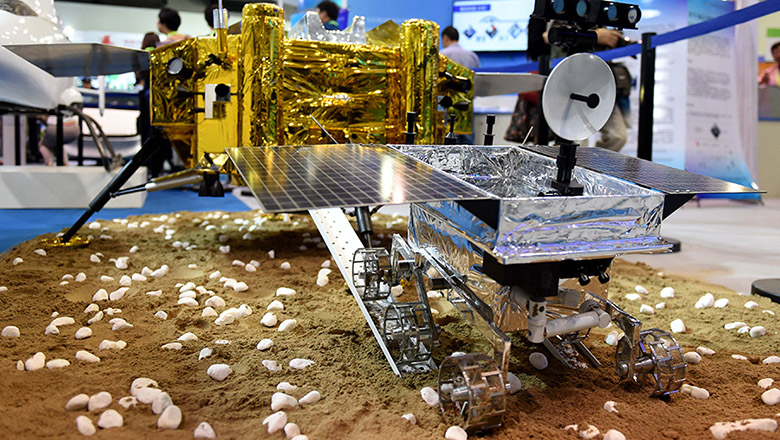
 China Beijing International High-tech Expo
China Beijing International High-tech Expo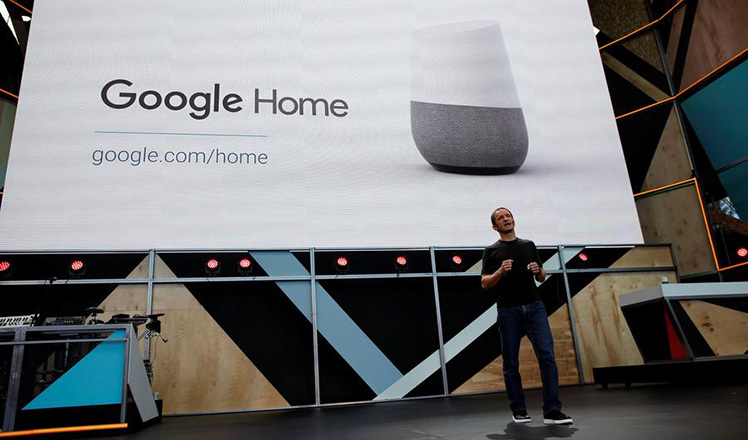
 Highlights at Google I/O developers conference
Highlights at Google I/O developers conference
 Nation celebrates International Museum Day
Nation celebrates International Museum Day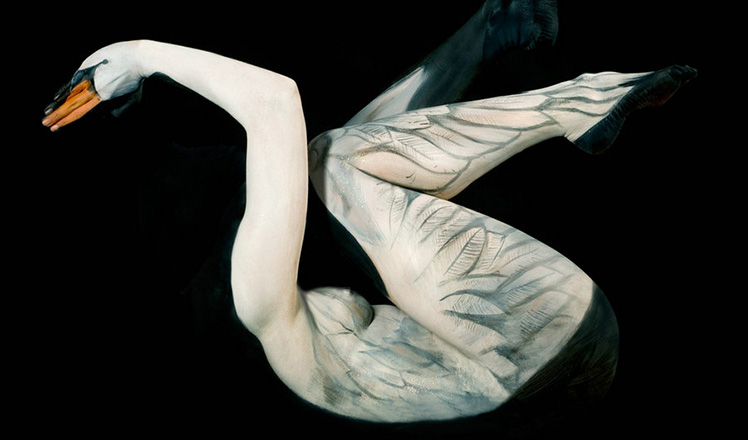
 Body brushwork creates vivid animals
Body brushwork creates vivid animals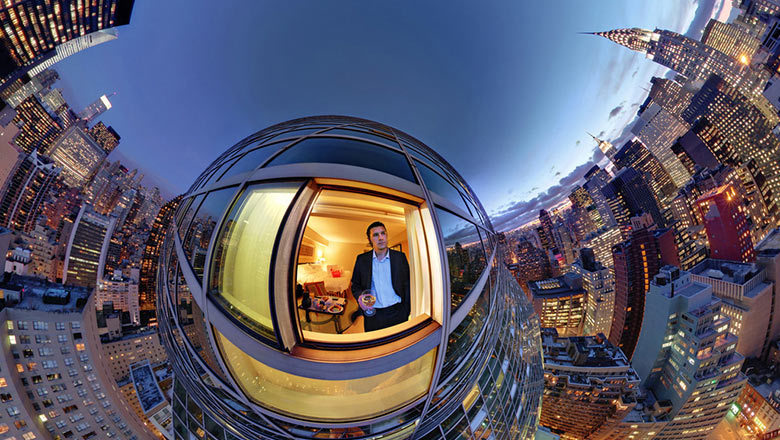
 Can you still recognize these cities?
Can you still recognize these cities?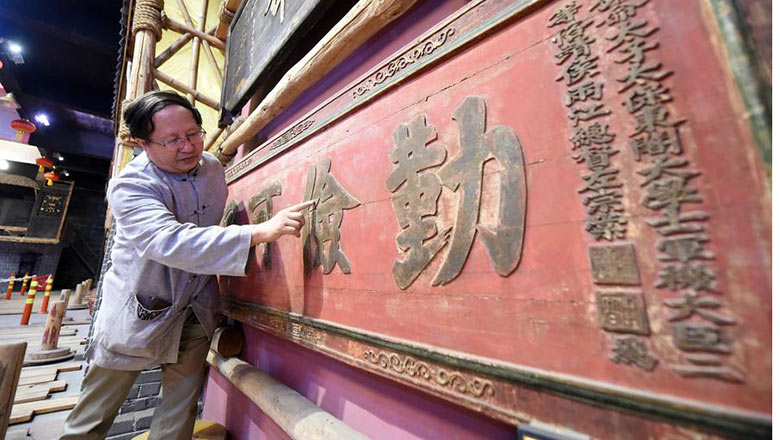
 A private museum owner's devotion to cultural protection
A private museum owner's devotion to cultural protection
Most Viewed
Editor's Picks

|

|

|

|

|

|
Today's Top News
Liang avoids jail in shooting death
China's finance minister addresses ratings downgrade
Duke alumni visit Chinese Embassy
Marriott unlikely to top Anbang offer for Starwood: Observers
Chinese biopharma debuts on Nasdaq
What ends Jeb Bush's White House hopes
Investigation for Nicolas's campaign
Will US-ASEAN meeting be good for region?
US Weekly

|

|








